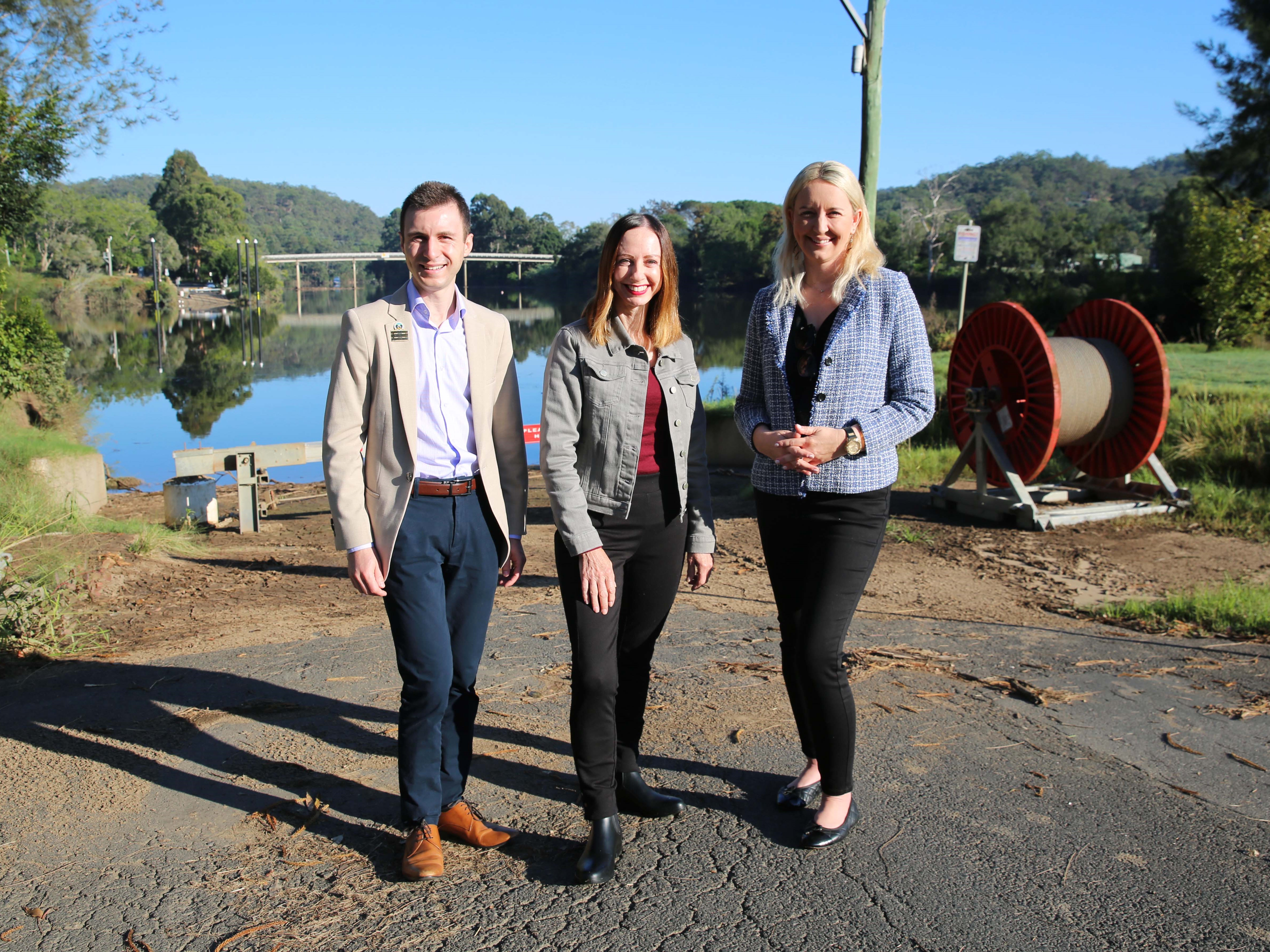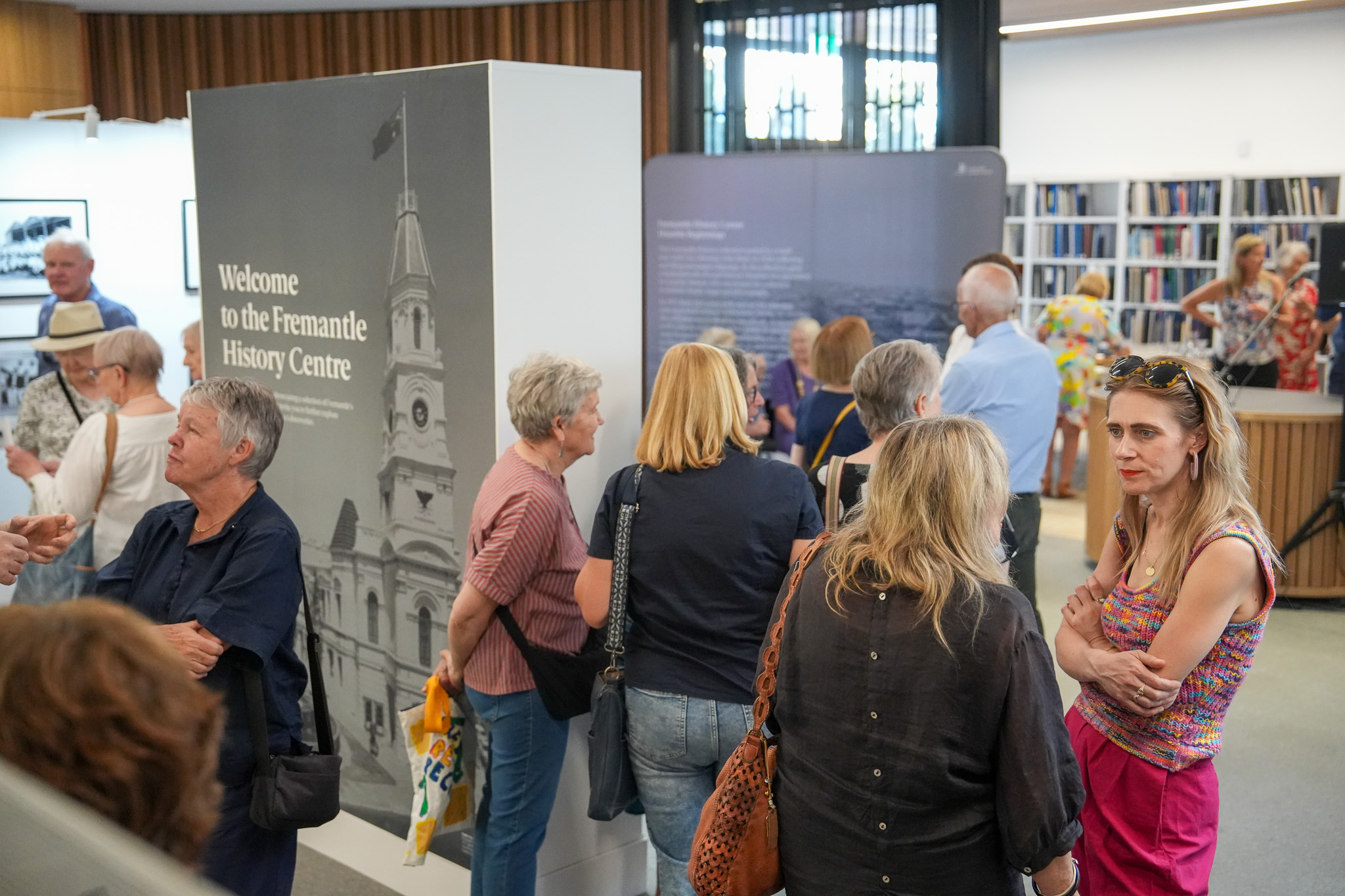On 11th December The Climate Group hosted a webinar titled ‘LED SCALE-UP: Connected Lighting – Investing in the Future’, where we examined how cities can get LED programs off the ground, while also exploring the different approaches on how these projects can be financed.
The Climate Group, in partnership with Signify (formerly Philips Lighting), has been working with cities and utilities globally to raise awareness of the energy and cost savings that can be made with LED street lights. Given that LEDs can generate energy savings of 50-70% there is a real urgency to try and raise the priority and speed of LED adoption.
Our research has revealed that while cities want to benefit from the significant energy and maintenance savings that LED systems provide, the upfront capital costs is still a huge barrier. We invited experts from the United States to speak on how we can accelerate the adoption of LEDs globally through different methods of financing. There were multiple ideas discussed, namely Lighting as a Service in Atlanta, Georgia, the Regional Street Lighting Procurement Program (RSLPP) used in Greater Philadelphia and a range of private financing solutions.
The first speaker was Justin Harmond from Georgia Power, an electric utility company headquartered in Atlanta, Georgia, the United States that provides services to 2.6 million people. Harmond discussed the company’s approach to ‘Lighting as a Service’ (LaaS), and how it has enabled cities in the state to upgrade to LEDs with no upfront capital costs. This stands at 900,000 LEDs state-wide, of which 300,000 are installed with network lighting controls, more than any utility in the world. As a result, they have made substantial maintenance savings of 20%, which equates to over $1 million in just one city. Aside from the cost savings, Harmond also listed other benefits associated with LEDs including; accurate energy billing, improved customer services, real-time asset management and monetizing space on their poles (e.g. antenna, surveillance, traffic management, etc) to ensure they are future proofed, as well as providing a competitive edge.
The second speaker, Michael Fuller from Keystone Lighting Solutions, and consultant for DVRPC, discussed the Regional Street Lighting Procurement Program (RSLPP). DVRPC is the metropolitan planning organization for the Greater Philadelphia region, which covers 5.6 million residents. The RSLPP pools together the resources of small and medium sized municipalities, in order to combine decision making and purchasing power. This has allowed them to convert their entire street lighting system to LEDs, something that may not have been possible for the municipalities to do individually. Since 2015, 61 of Greater Philadelphia’s municipalities have installed over 40,000 LED streetlights. They have found that pooling resources can help municipalities overcome barriers they would have normally faced alone, such as the project timescale, expert considerations, high upfront costs, as well as operational and maintenance costs.
The final speaker, David Clamage from Saulsbury Hill Financial and consultant to General Capital, discussed a number of different private financing solutions. One method discussed was non-appropriation which enables cities to benefit from low interest rates, as well as reducing financial risk. Conduit financing, a means of financing for non-profits, that is tax exempt, was another method discussed. Generate Capital also operate its own service model where customers make regular payments and they pay contractors for ongoing operations and maintenance.
All stakeholders agreed that what can really help unlock large-scale financing is having state level support to boost energy efficient projects, such as LED adoption. The Climate Group supports the call for more policy and legislation to help drive these projects.
While upfront costs continue to be a barrier to large-scale LED adoption, the return investment on LEDs in energy usage, maintenance savings, and potential revenue from smart city initiatives far outweigh the initial costs.







